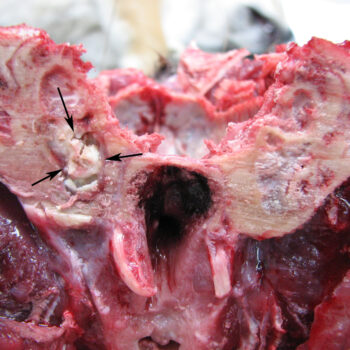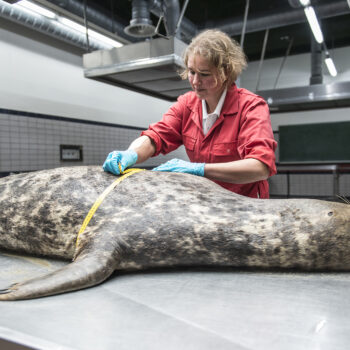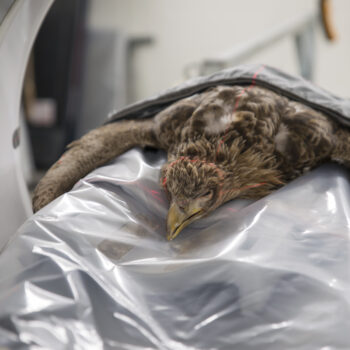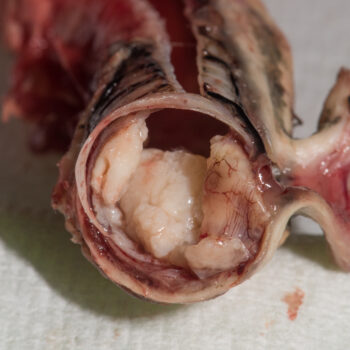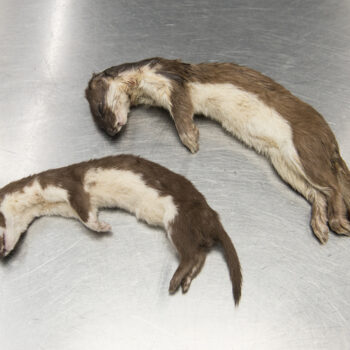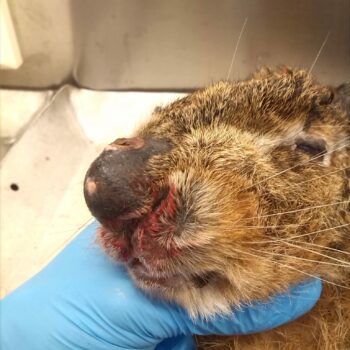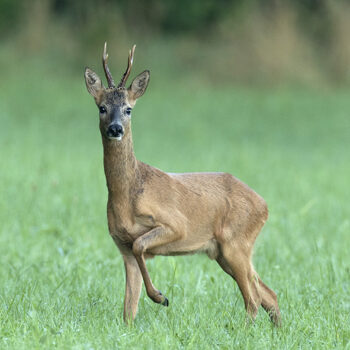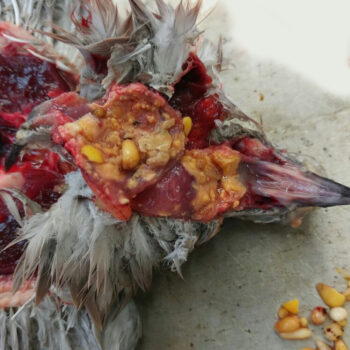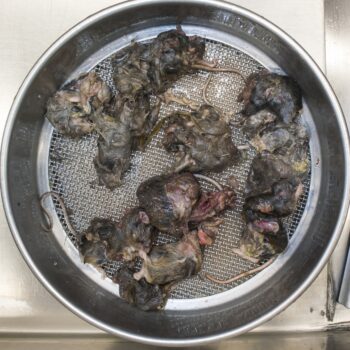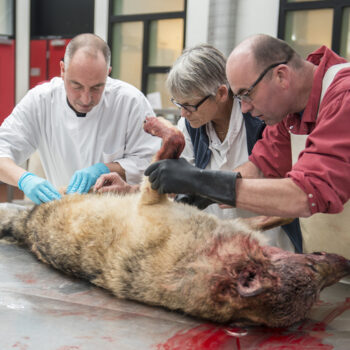Beaver with mid ear infection
Late February 2018 the Dutch Wildlife Health Center (DWHC) was contacted about a beaver (Castor fiber) that displayed very abnormal behavior before it was euthanized in the field. The beaver did not respond to people and appeared blind and deaf. The person who discovered the animal had given the beaver a little
Read more



